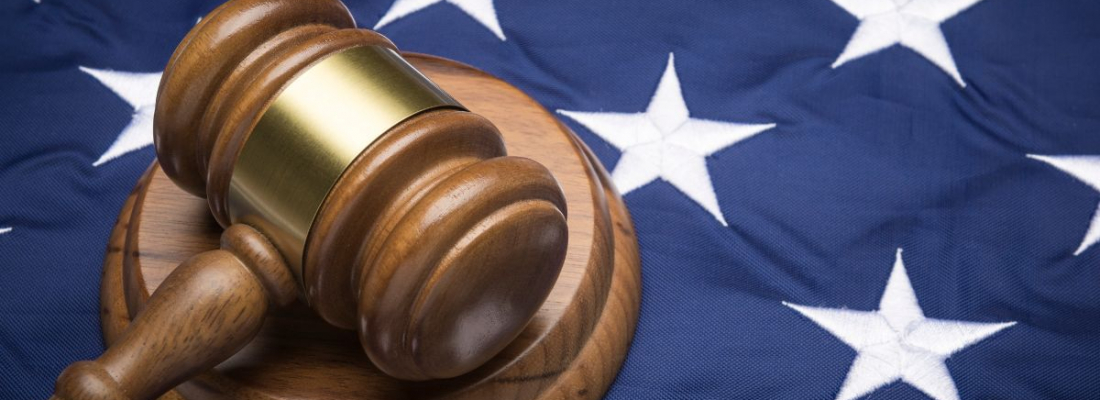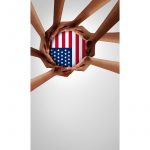On July 24, 2020, the U.S. Supreme Court rejected a Nevada church’s request for an exemption from state orders that limit the size of worship services. The church claimed the state’s COVID-19 shutdown order discriminates against houses of worship, which are only allowed to have gatherings of 50 people or less.
Background
In Calvary Chapel Dayton Valley v. Sisolak, the church asked the Court to issue an order that would allow it to conduct in-person worship services for up to 90 people while it Nevada Governor Steve Sisolak’s order limiting worship services to a maximum of 50 people due to COVID-19. The church requested that it be allowed to hold services on the same terms as Nevada bars, casinos, gyms, and restaurants, which are allowed to operate at 50% of capacity. The church said that it would comply with rules requiring facemasks and social distancing if allowed to exceed the 50-person maximum currently imposed by the state.
The state disagreed that churches and casinos should be treated equally, arguing that churches are not the same as casinos, which are “highly regulated” and face significant penalties for violating COVID-19 restrictions. In addition, the state said that in the event of an increase in COVID cases, casinos can be shut down quickly. The state also suggested that the church could easily accommodate its congregation by holding more services.
U.S. Supreme Court Decision
In a 5-4 vote, the Supreme Court denied the church’s request for injunctive relief in a brief, one-sentence order. Justices Kavanaugh and Thomas joined Justice Alito in a dissent, which observed that, “The Constitution guarantees the free exercise of religion. It says nothing about the freedom to play craps or blackjack, to feed tokens into a slot machine, or to engage in any other game of chance…That Nevada would discriminate in favor of the powerful gaming industry and its employees may not come as a surprise, but this Court’s willingness to allow such discrimination is disappointing. We have a duty to defend the Constitution, and even a public health emergency does not absolve us of that responsibility.”
In a separate dissent, Justice Gorsuch wrote, “The world we inhabit today, with a pandemic upon us, poses unusual challenges. But there is no world in which the Constitution permits Nevada to favor Caesars Palace over Calvary Chapel.”
Justice Kavanaugh also filed his own dissent in which he asserted that, “To be clear, a State’s closing or reopening plan may subject religious organizations to the same limits as secular organizations. And in light of the devastating COVID–19 pandemic, those limits may be very strict. But a State may not impose strict limits on places of worship and looser limits on restaurants, bars, casinos, and gyms, at least without sufficient justification for the differential treatment of religion” — a justification that Nevada had failed to provide, according to Kavanaugh.
The Calvary Chapel ruling comes two months after the Supreme Court’s refusal to block a California law that limited church attendance during the COVID-19 pandemic in South Bay United Pentecostal Church v. Newsom. The church in that case argued that government shutdown orders discriminated against houses of worship by mandating they remain closed while allowing restaurants, retail shops, offices, and schools to remain open.
The Church Law Center of California assists religious and secular nonprofits with governance challenges. We can help your organization examine its board procedures and develop good practices. To find out how we can be of help to your organization, call us at (949) 892-1221 or reach out to us through our contact page.






